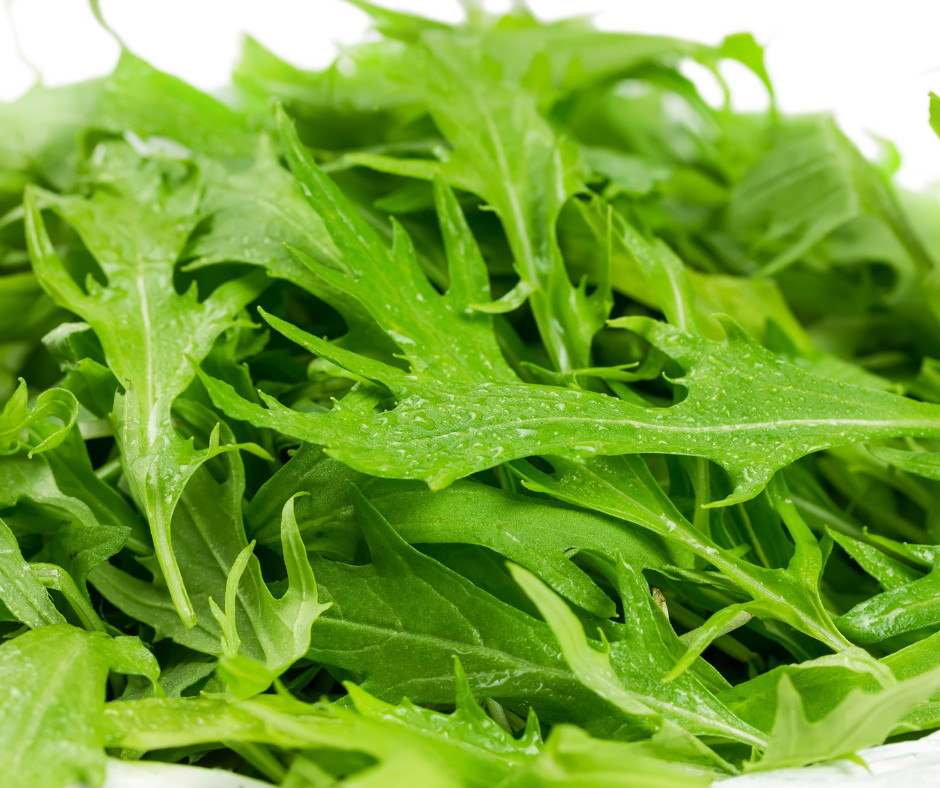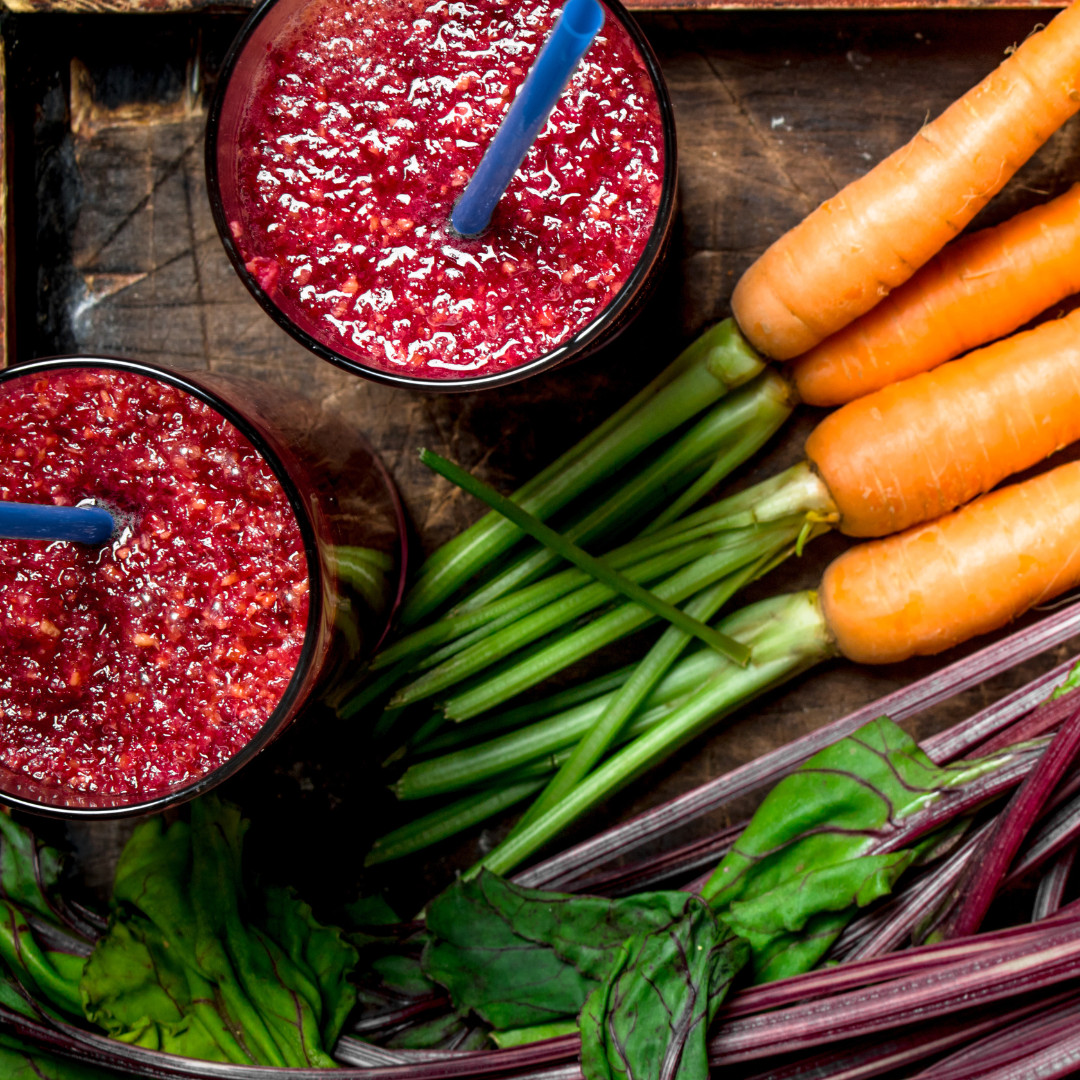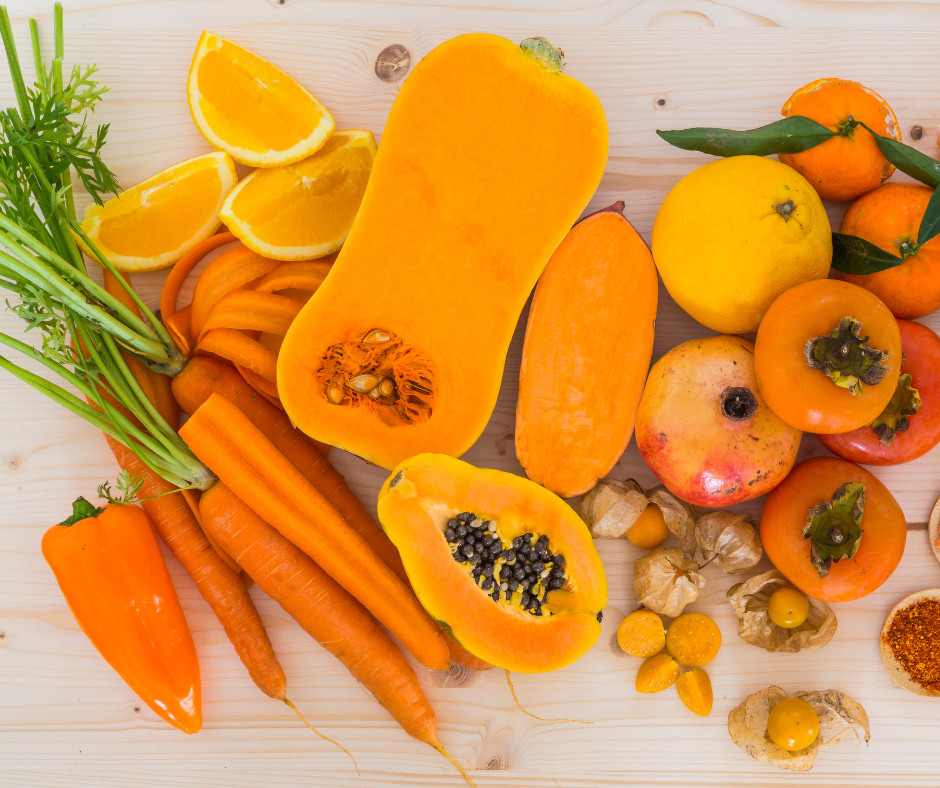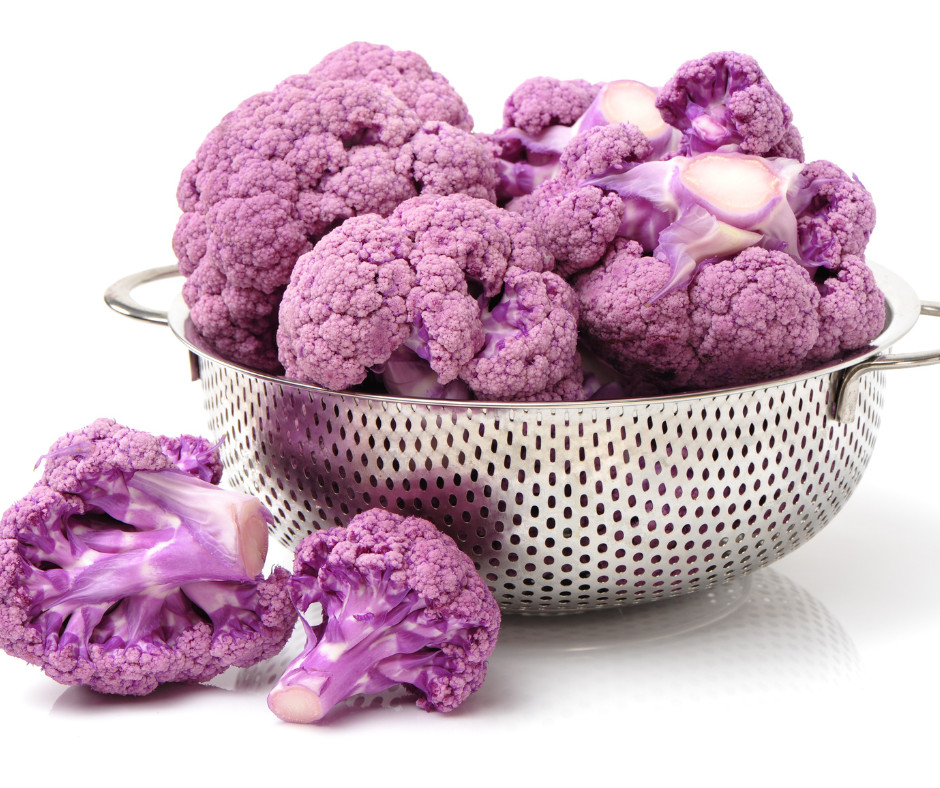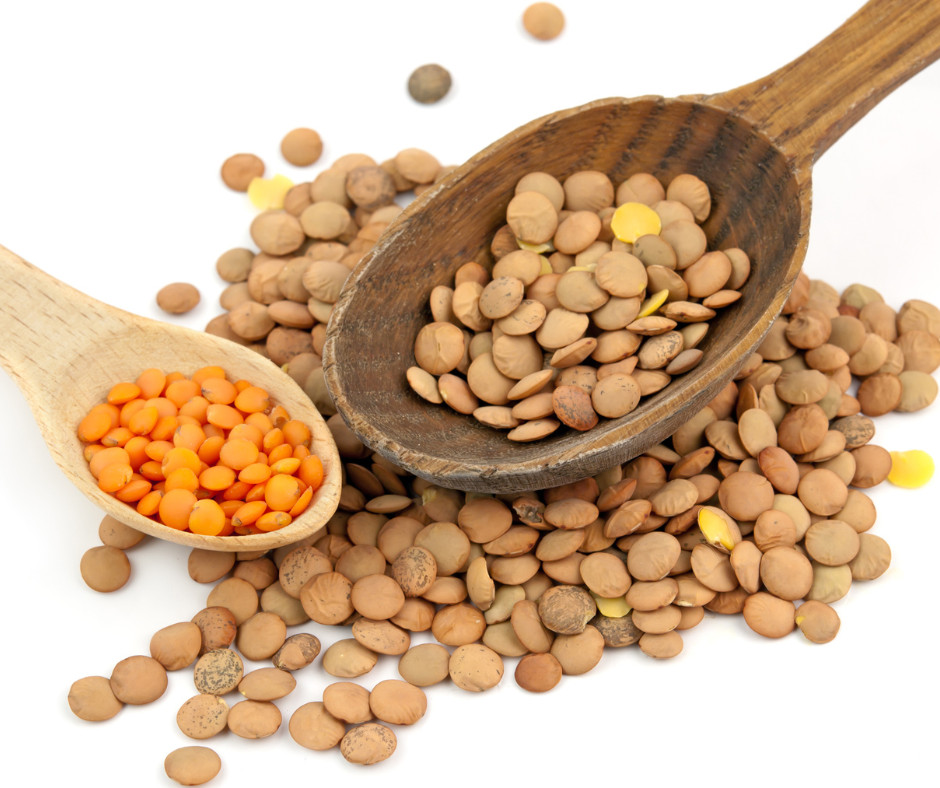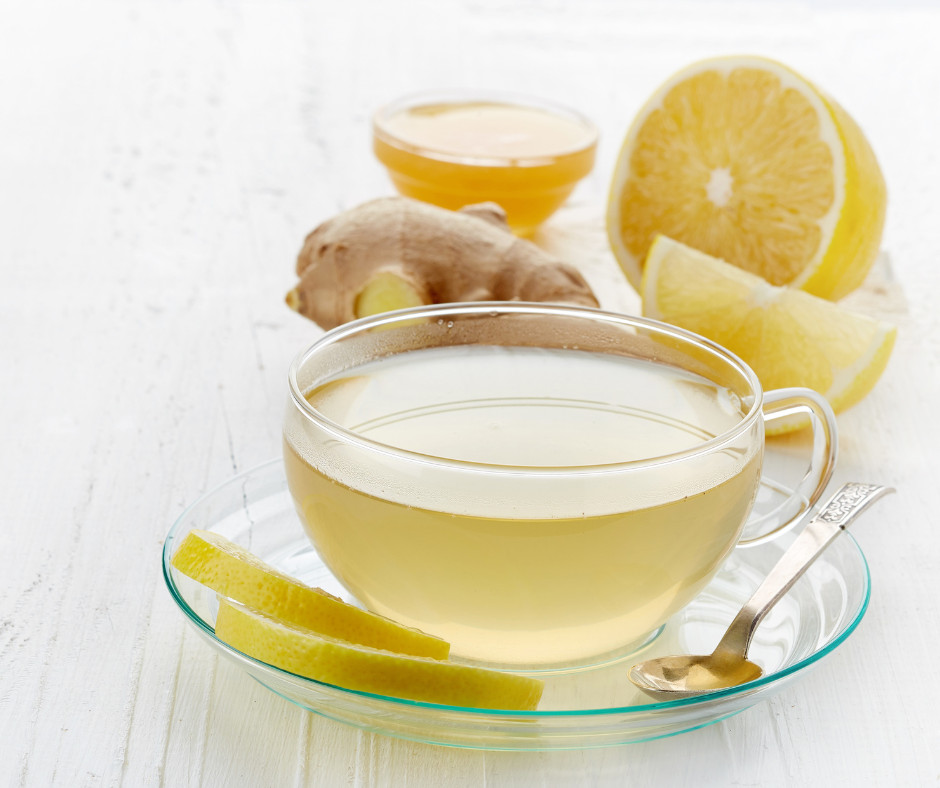
Many people fear that memory loss and confusion are a natural part of getting older. Forgetting things can be a normal part of life, but severe loss of normal brain function may not have to be part of aging. Dementia describes a group of symptoms that are caused by changes in the way the brain cells communicate with each other. These symptoms are associated with physical changes in the brain and the decline of the brain’s abilities. Dementia is often confused with Alzheimer’s disease. Alzheimer’s is just one form of dementia and is the most common type of dementia. There are other forms of dementia in addition to Alzheimer's. Fortunately, there are things you can do to protect yourself against dementia.
Risk Factors
While certain genetic factors are involved with some of the more unusual forms of dementia, it is more likely diet and lifestyle that cause it to develop. Drinking high amounts of alcohol over a long period of time and smoking can play a large role. Other risk factors include high stress levels, type 2 diabetes, poor oral hygiene, high blood pressure, obesity, hardening of the arteries, hearing loss, poor gut health, lack of exercise, social isolation, and depression. A lesser known risk factor is having too much copper in your water. Copper has been shown to trigger the onset of Alzheimer’s and fuel the disease.
Diet
Eating a healthy diet is one of the most important things you can do to protect yourself against dementia. Avoiding foods and drinks that cause inflammation is critical. The optimum diet includes organic, non-GMO vegetables, low-glycemic fruits, healthy fats and clean protein. Sugar and grains should be kept to a minimum. A healthy diet will reduce inflammation, stabilize blood sugar, reduce your body's toxic load, provide important nutrients, and support healthy pH levels.
Some amazing brain healthy foods include dark chocolate and raw cacao, grass-fed beef, wild-caught salmon, avocado, blueberries, and pumpkin seeds. In addition, citrus fruits, like lemon and lime, contain bioflavonoids that improve blood flow which helps oxygenate the brain. Pure, food grade, citrus essential oils are also excellent sources of citrus bioflavonoids. There are also some herbs that are high in anti-oxidants and can help reduce inflammation. Cinnamon is rich in antioxidants and can help stabilize blood sugar levels. One of the best known spices, turmeric, is also good for brain health. Rosemary also contains constituents that protect the brain.
Exercise and a Life of Purpose
Physical exercise is one of the best ways to maintain your health, including good brain function. Exercise increases blood flow and supplies oxygen to the brain. Many studies have been done that show a positive connection between brain health and exercise. Even doing something as simple as walking three times a week can improve or delay the onset of dementia. Moderate exercise may also help lower blood pressure.
In addition, studies have uncovered an interesting connection between a person’s sense of purpose, their overall health, and their risk of dementia. These studies have included volunteers and research on the longest living humans in the "blue zones". This means finding something that makes you happy and having meaningful relationships are good for your health. It could be volunteering or learning how to play an instrument. Anything that is fulfilling to you will improve your quality of life and help protect you against dementia.
Optimize Your Vitamin D Levels
Many studies have been done that have linked low vitamin D levels to a higher risk of dementia. Besides lowering the risk of dementia, vitamin D is an anti-inflammatory, enhances mood and sleep, reduces the risk of heart disease, and supports the immune system. D3 is the biologically active form of vitamin D. It is created in your skin in response to sun exposure. If you don't get sun exposure, there are some dietary sources of vitamin D such as wild-caught salmon and fatty fish, cod liver oil, grass-fed butter and raw cheese, egg yolks, and mushrooms. It is also important to combine vitamin K2 with vitamin D3 because these vitamins work together. Foods rich in vitamin K2 are meat, dairy, fermented foods, and natto (fermented soybeans). Vitamin K2 is also produced by the beneficial bacterial in your gut. Here is good source for researching the best selling vitamin D3/K2 supplements. There are also good vitamin D supplements from smaller companies that can be found at a physician or naturopathic medicine office.
Deep Sleep
Similar to the how the body’s lymphatic system clears waste from organs, the glymphatic pathway is responsible for filtering brain fluid clearing waste from the brain. This process happens at night when you sleep. The link between certain types of dementia and sleep are well-established, but a recent study took a closer look at how the way you sleep impacts drainage of harmful substances in the brain. In 2015, researchers found that sleeping on your side could improve one of the brain’s waste-clearing processes and therefore reduce the risk of neurological diseases. A lack of good deep sleep is also linked to high blood pressure, diabetes, and obesity, all of which are associated with dementia.
Did this help you? If so, I'd greatly appreciate it if you commented and/or share it on social media.

Email: sharonledwards@hotmail.com
Facebook: https://www.facebook.com/sharonledwardsbiz/



